In 100 Years, This Forest Will Be Turned Into Secret Books By Your Favorite Writers
Source: Electric Literature
In almost 100 years, books by current and future authors will be given a voice through the Future Library.
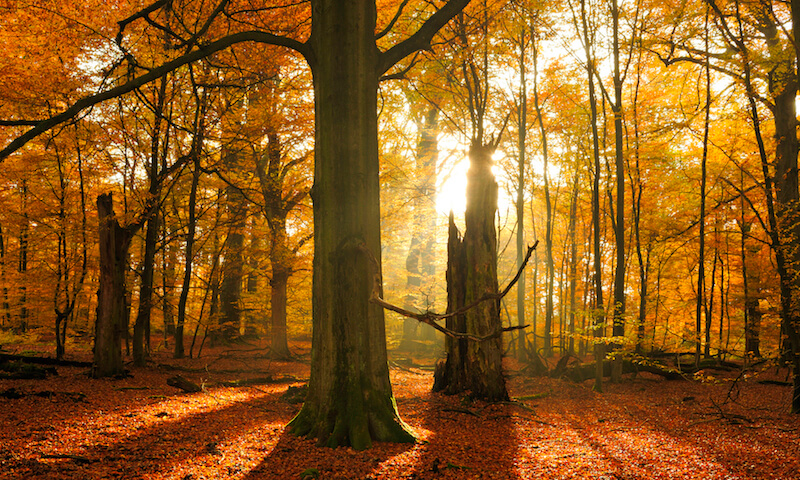
In almost 100 years, books by current and future authors will be given a voice through the Future Library.

In Britain, a decades-long project has studied thousands of children to determine what leads to success later in life. Scientist and journalist Helen Pearson shares some of the lessons learned.
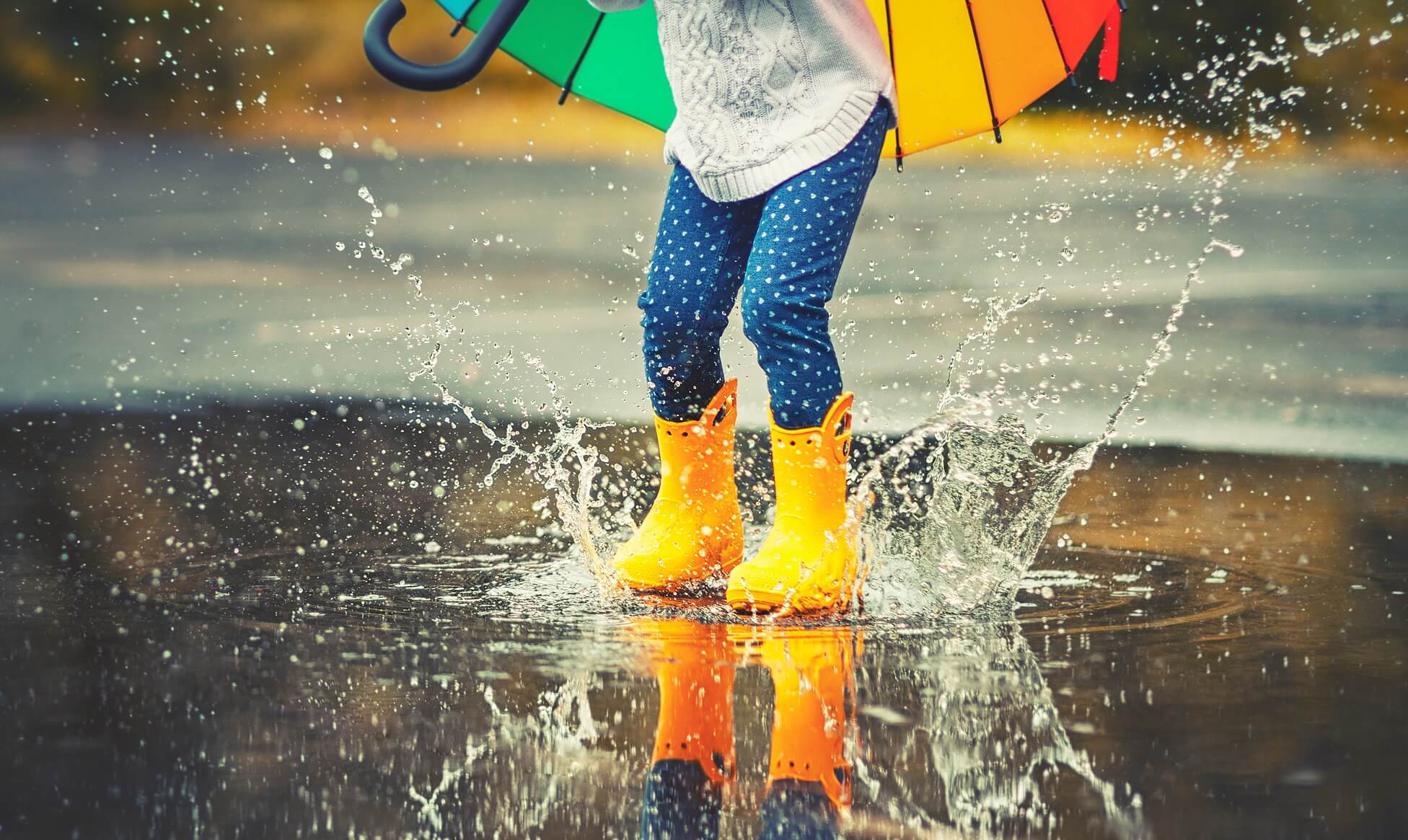
Researcher Conor Williams questions how to balance outdoor play with academic learning.
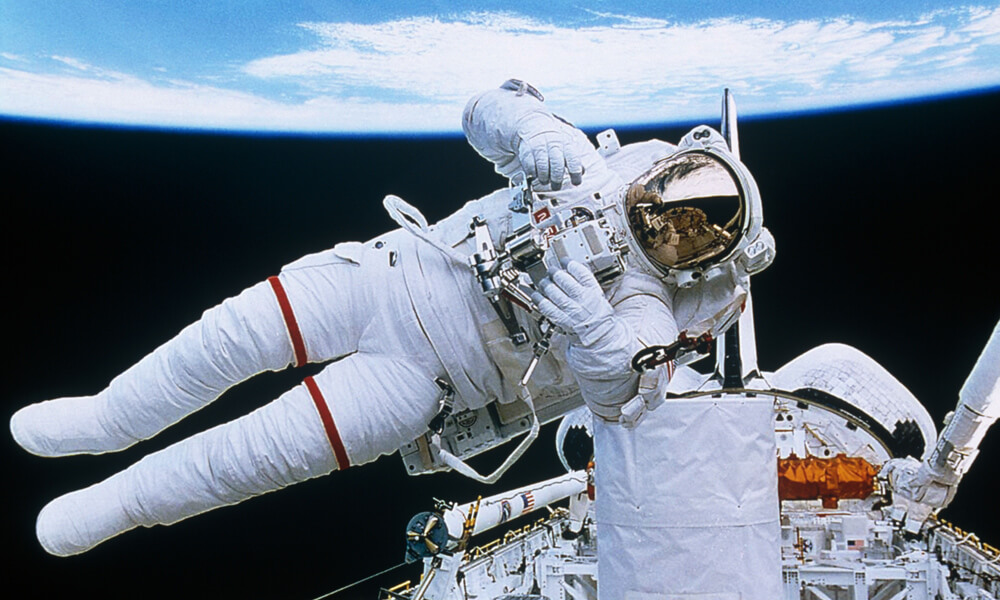
Did you know that astronauts actually grow taller while they’re in orbit? This article examines the ways the human body responds to life in space.
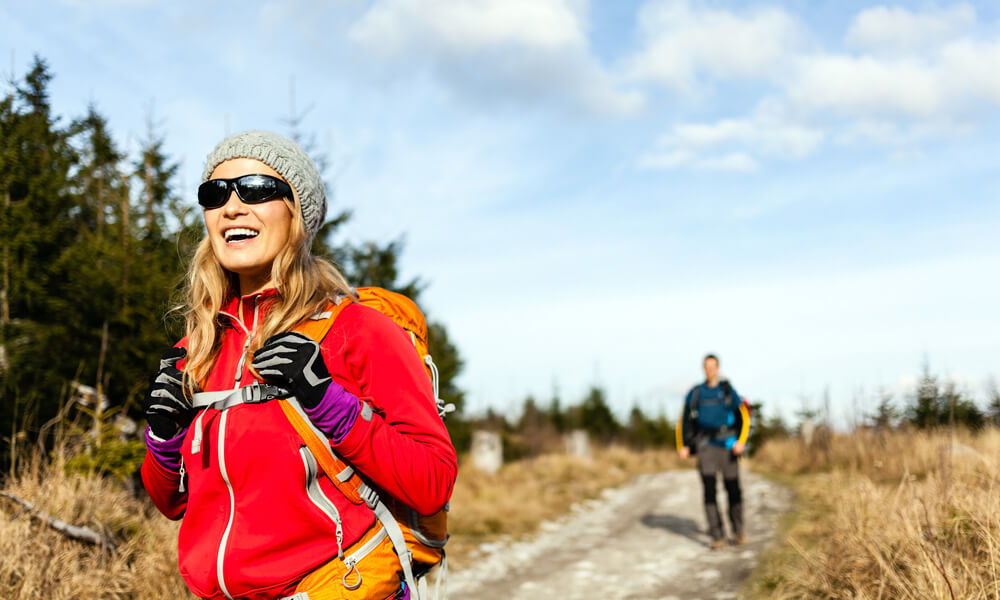
Need a reason to get outside? Here are 12 benefits of spending time in nature.
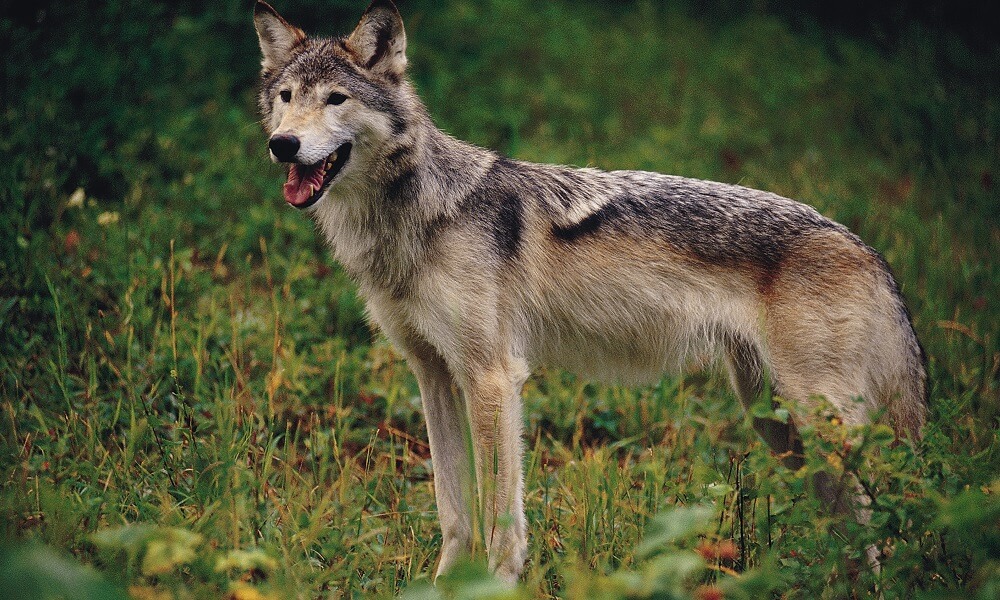
What’s the difference between a dog and a wolf, and what does domestication have to do with animal intelligence? Find out the answers, and consider domestication in terms of plants and humans as well.
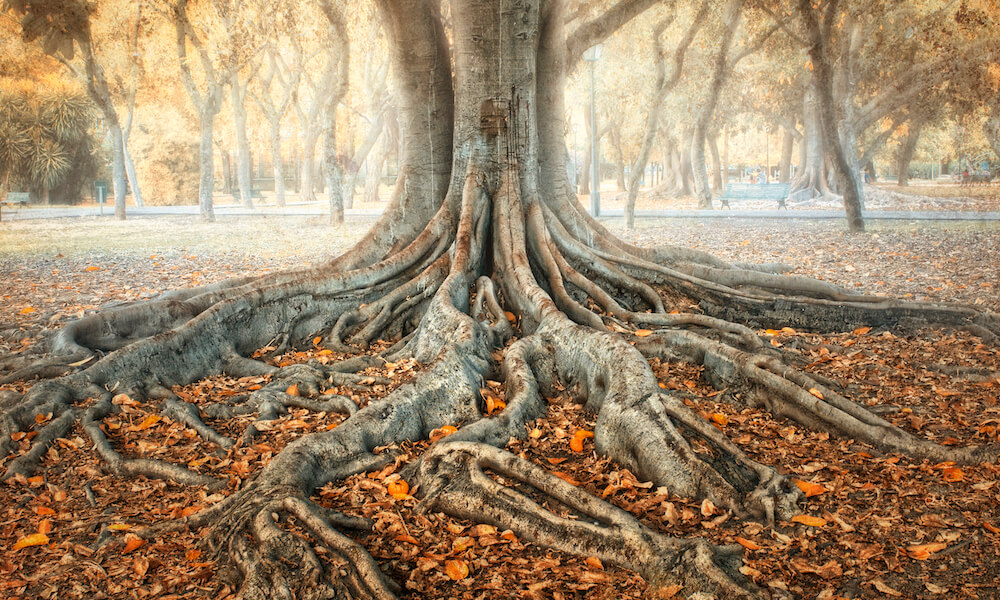
Humans talk, trade, and wage war with each other constantly. Surprisingly, trees may be more like humans than we think.

Different sounds can impact your perception of different taste. See how “sonic seasoning” works by reading the article and trying it yourself.
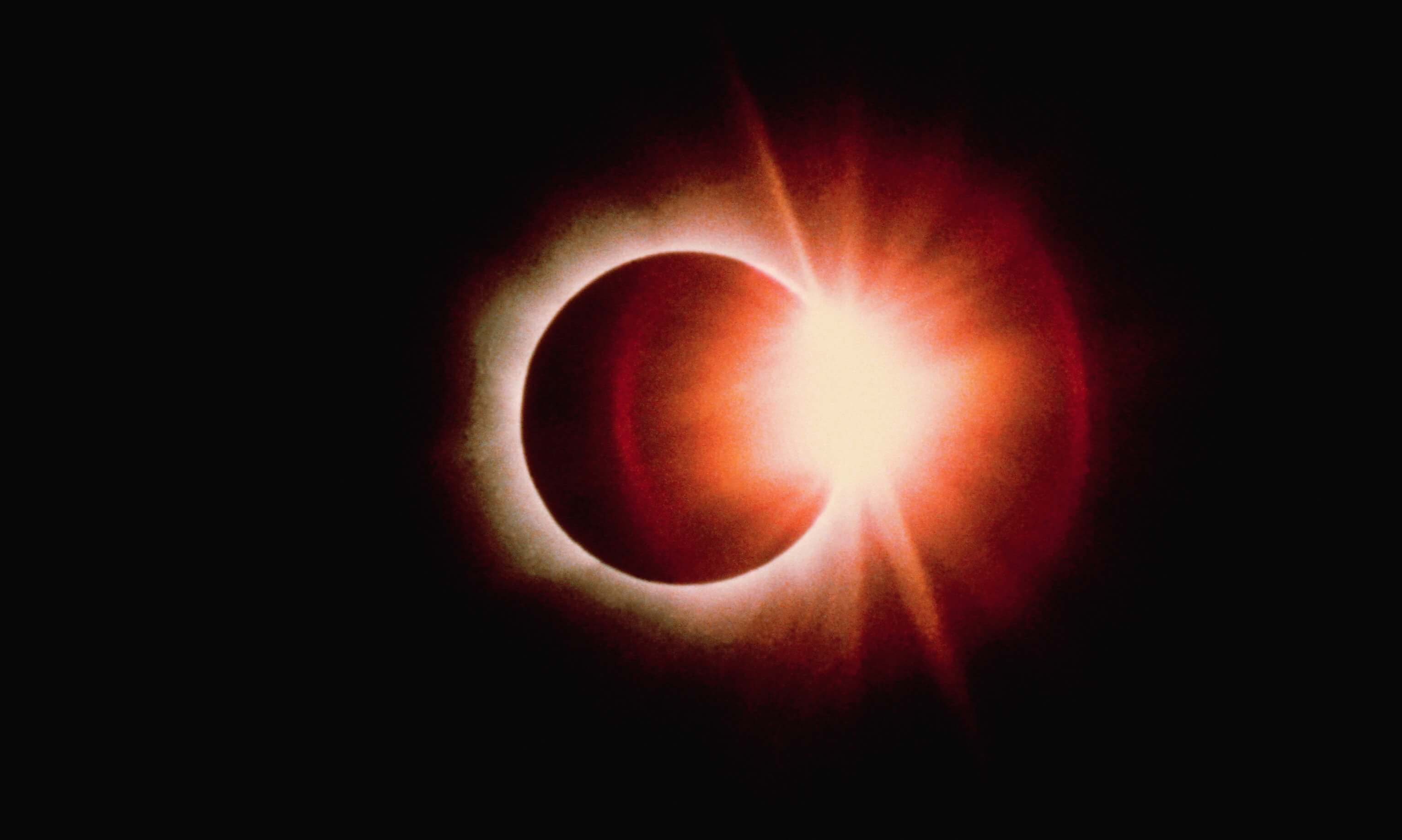
Critic Donovan Hohn profiles the work of nature writer Annie Dillard as he reviews her latest book, The Abundance, a curated anthology of her essays.

While many scholars believe Shakespeare was not aware of scientific advancement in his time, a few propose places in Shakespeare’s plays that give a nod to Copernicus and Galileo.